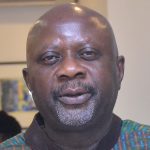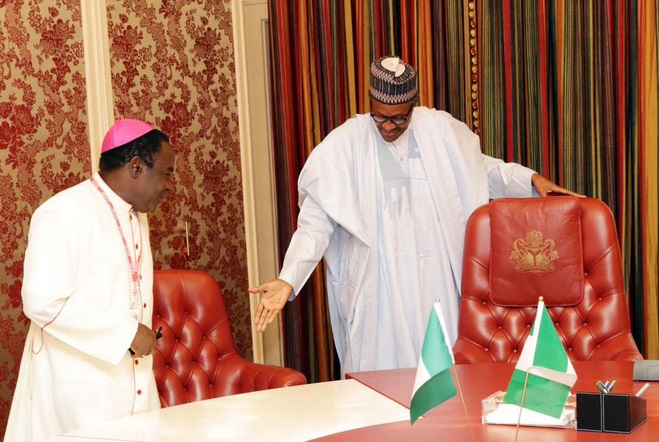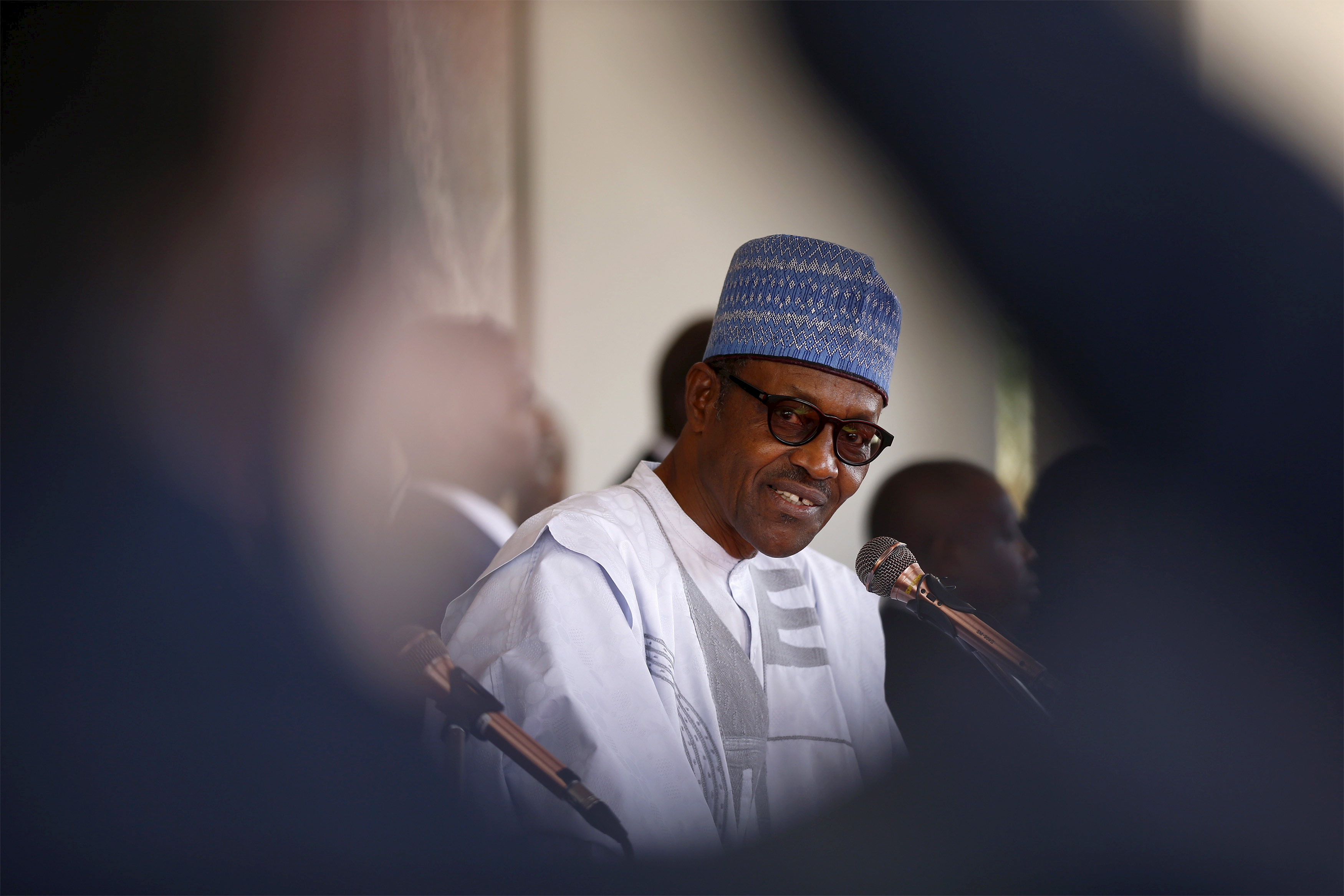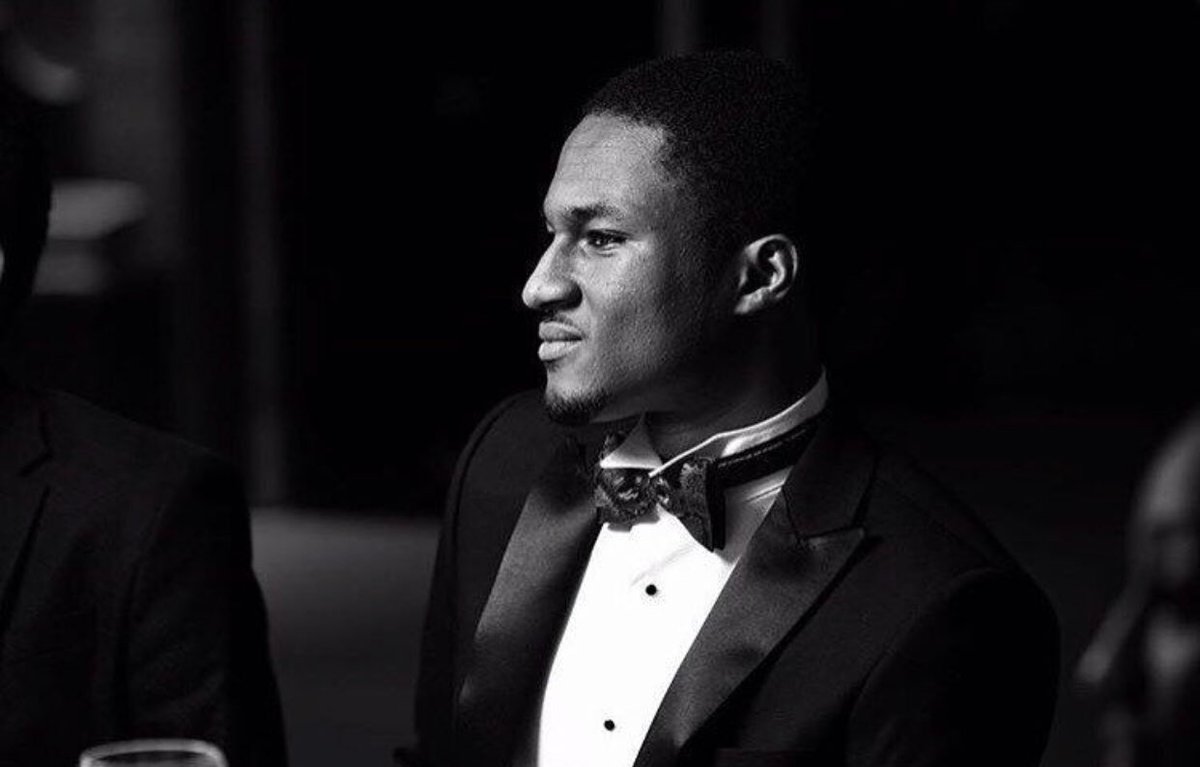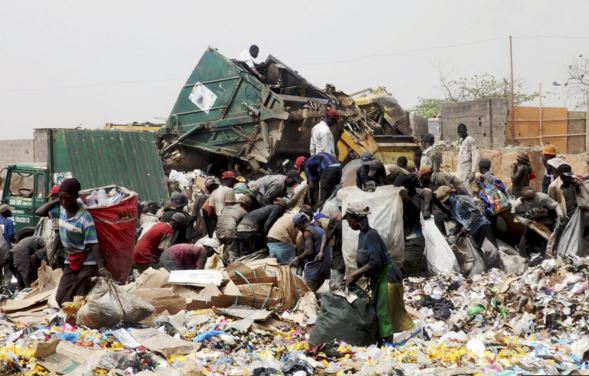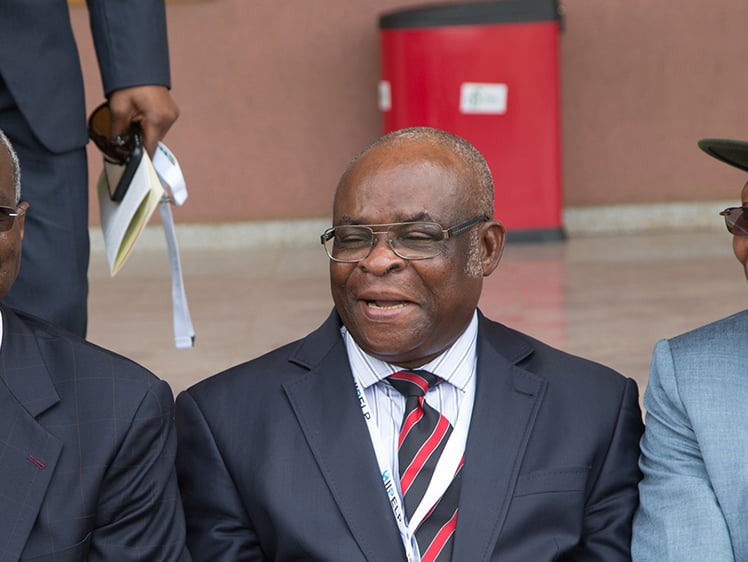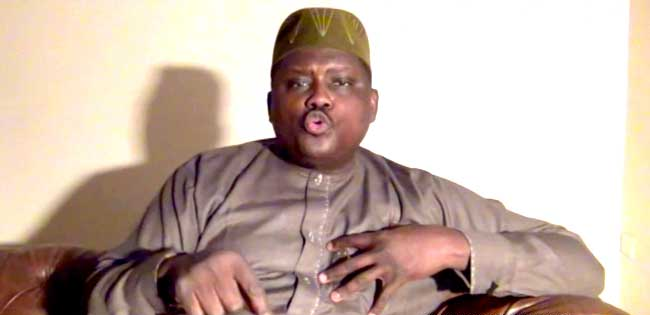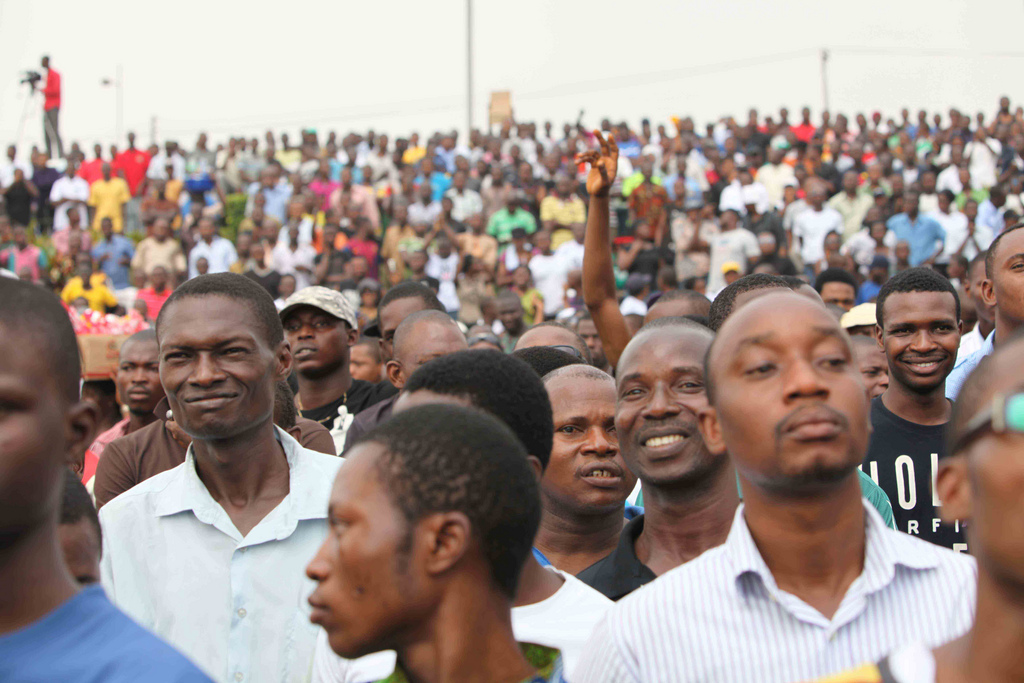Going by recorded history, one can say without any fear of contradiction that the church (or Christendom in general) was integral to civilization as we know it. Modern laws and what is now referred to as international best practices that now pervade the nooks and crannies of the world are without question predicated on Western values and civilization. These laws and practices found accommodation with much of the world because they’re anchored on the supremacy of the humankind where morality, ethics and mores are the centrepiece. Since its advent, the church has not only been integral to the formulation of these laws and practices in accordance with its own Christian values, but it also became the catalyst from antiquity through which some of these laws and societal values were created.
It was later that the unflinching resolve of the church to redirect humanity from its barbaric dispositions towards a better civilization anchored on western values, most of which has their origins in Christianity, that the church stepped out of its immediate environment into Africa where savagery was then the norm. Therefore, the history of modern civilization that currently prevails in the African continent would not have been completed without the mention of the involvement of the church.
The interventions in state (political) matters of Nigeria’s clergy such as Bishop Matthew Hassan Kukah, therefore, may not be anything out of the ordinary as it can be said that the likes of Kukah are only following the footsteps of their forebears in religious activism. But the difference between these forebears and the likes of Bishop Kukah is that while these medieval personalities in Christendom leveraged on the respect that society conferred on them as representatives of God on earth to change society where good triumphed over evil, Nigeria’s clergy (for the most part) exploited—-and still exploits—-the high pedestal on which society place them to help maintain not only the evil socio-political status quo that chained down the people over which they constantly pray for their salvation and material abundance, but they also speak on behalf of the perpetrators (largely because of pecuniary gains) of these societal evils as we shall see presently.
Like his forebears, Kukah’s public expression of his views on issues of national importance is not only the result of the respect and prominence that his cassock confers on him, but also because of his command of a significant Christian troops, most of whom are probably strung out on that societal opium that may have irreversibly impeded their ability for independent thoughts.
Advertisement
The Archbishop Emeritus of the Catholic Archdiocese of Lagos, Cardinal Anthony Olubunmi Okogie is also no stranger to the country’s ruling establishments (both military and civilian) and the Nigerian people. Cardinal Okogie is an equal opportunity societal castigator. As he’s never known to shy away from shoving it on the political class as and when due, he had also mocked the church establishment of which he’s a prominent member about some of its egregiousness.
But Okogie, quite unfortunately, has been shooting from the hip since Buhari’s emergence as the president in the fourth republic. Probably not to be outdone or outshined by both the Bishop and the Cardinal, the latest entrant into Nigeria’s dubious version of liberation theology in which its real goal is the return to status quo ante is the Catholic Archbishop of Abuja Diocese John Onaiyekan. He announced recently that he had purchased a new set of political gloves because he’s now involved in politics.
Speaking during the ordination of nine new priests recently, Archbishop Onaiyekan urged “Nigerians including religious leaders to be actively involved in politics [because] he is involved.” Going further in his declaration of his political involvement, Onaiyekan said “the leadership of Nigeria, as governed by the two major parties in the country, has not offered the people the desired change for a better Nigeria.” In reference to APC and PDP and a subtle jab at Buhari and his administration, Onaiyekan said “we have tested the two husbands now. Anyone who will tell us now that they will continue what they have been doing before will not help us.”
Advertisement
While the involvement in the political discourse and issues of national importance of Kukah and Okogie—-and now Onaiyekan—-of their environment is not in contention here (this should, in fact, be welcomed), the problem is the blatant and shameless hypocrisy behind their variant of liberation theology that has now gone into overdrive, most especially since the advent of the Buhari administration.
It would be recalled that almost immediately Muhammadu Buhari was declared the winner of the 2015 presidential election, Bishop Kukah made a convoluted and nauseating declaration that the then president-elect should “not waste his time” in prosecuting the Jonathan administration. Sensing Buhari’s non-committal to that duplicitous and egregious statement, Kukah, hiding under the National Peace Council (NPC) commenced some sort of priesthood diplomacy to the presidential villa after Buhari’s inauguration not to discuss any policy initiatives that would guarantee protection for Christian worshippers wherever they may be in the wake of Boko Haram killing onslaughts in churches in the north, but to lobby President Buhari to leave Jonathan and the people in his administration alone because the former president had already achieved something “spectacular” —-a veiled reference to his having conceded the presidential election even before the final vote count. Frustrated that he was not getting any traction with the new president, Kukah attempted a blackmail of the president with his unsolicited reminder that “we’re not in the military era.”
The religious colouration of the corruption protection agenda which its most visible cheerleaders are the catholic clergy became self-evident when the respected Archbishop Anthony Olubumni Okogie joined the anti-Buhari bandwagon when he was reported to have said two years back that the president’s anti-corruption campaign would fail unless the government appeal to the conscience of the looters to voluntarily relinquish their loots. And there has been no let up in Okogie’s scathing criticisms of Buhari since his inauguration. Okogie’s own latest jab at the president was his condescending admonition, if not a rebuke—-on account of the likelihood that Buhari might seek re-election—-that the president should “respect himself and retire quietly” as he “has performed woefully.” Since Okogie did not mention how woefully Buhari has performed, one would have to leave that alone until an auspicious time. With Kukah and Okogie—-and now Onaiyekan—-one needs no further evidence of a society whose moral compass may have been damaged almost beyond repair. Cardinal Onaiyekan’s recent declaration that he has now purchased his own special gloves with which he’s ready to use the Buhari administration as his punching bag may well have completed the assemblage of the three musketeers in the priesthood.
Perhaps Onaiyekan’s willingness to get into the fray may be that he too can no longer endure another four years of Buhari because the illicit monies that used to ceaselessly flow into the church sanctuary has since been reduced to a miniscule trickle. No thanks to Buhari. While the collective resolve of the clergy to interrogate the politics of their environment (as earlier mentioned) should be seen as a welcomed development, one cannot help but wonder why these people were studiously silent during the reckless profligacy of the Jonathan years? Even if one is to assume that they may have been too busy and uninformed to recognise the bottomless perdition which the country was headed as a result of the most unprecedented corruption anywhere in the world under Jonathan, one must ask why they haven’t condemned the former president (as they did, and continues to condemn Buhari) on account of the mind-boggling revelations that has been insulting Nigerians’ sensibilities since May 2015?
Advertisement
Now that it’s all but certain that Buhari would ask for a second term (and he should, baring major health challenges) from the electorates for another four years in order to make it difficult, if not impossible, to revert to the ruinous path which the Peoples’ Democratic Party (PDP) was recklessly headed, these men may have been enlisted, once again, to use their prominence in appealing to Nigerians’ religious sentiments by shouting Buhari down to submission not to seek re-election. Just as Nigerians did not yield to these voices of unreason in 2015 not to vote for Buhari, they would not be perturbed again this time by the antics of these hopelessly compromised “Cassockians” who have always been in cahoots with those that had mortgaged the country and the future of its citizens. We must be ready to stand at the barricade in these interesting times.
Views expressed by contributors are strictly personal and not of TheCable.
Add a comment
